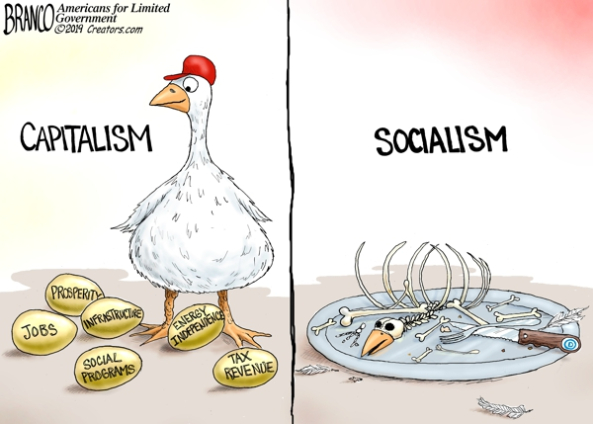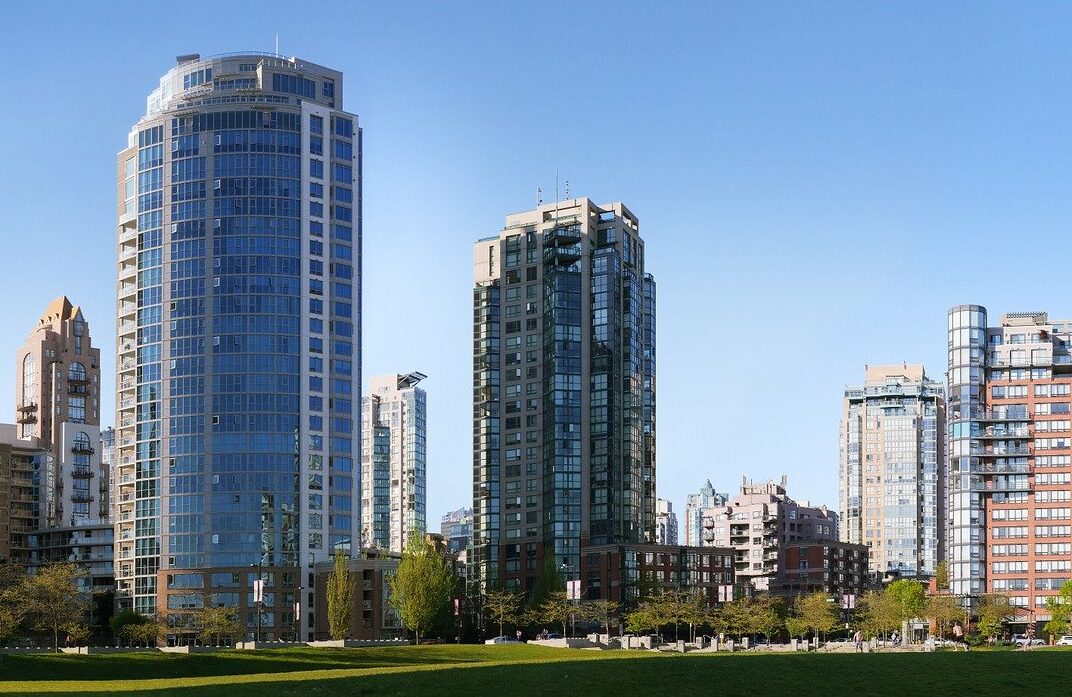
In a recent episode of Power Hour, Alex Epstein interviews Dr. Saifedean Ammous on economics, energy and Bitcoin. They touch on a profound idea as they use Austrian Economics to draw parallels between crypto-currency as a store of value and fossil fuels as a store of energy: that the ultimate measure of value for humans is time.
Time is something that is finite and precious to each of us. I don’t know how much of it I will have in my lifetime, but being in my early 40’s it’s quite likely I’ve exhausted half my allotment already. Perhaps I only have a few days; I can never be certain. The same goes for everyone else, young and old, rich and poor. Time is a primary reason why our value judgements are so subjective. We prefer to spend our time doing different things, so the goods and services we desire are quite varied.
There’s also no end to our economic demands, because there will always be a market for products that save us time. Whether it’s food delivery services, faster transportation, or labour-saving devices, it all amounts to more opportunities to do what we enjoy, and less time spent just meeting our daily needs. In his book The Moral Case for Fossil Fuels, Epstein gives the example a woman in Africa who must spend many hours a week washing clothes by hand. She can’t afford a washing machine, so these hours can’t be spent doing something she’d prefer, like working for a wage (which would one day allow her to buy a washing machine).
The case of this African woman illustrates the relationship between time, money, goods and economic development. In our part of the world, women and men enjoy a much higher standard of living, which often means more leisure time. We also live longer, because we can afford better food and medical care. We can afford higher safety standards at our jobs, and don’t have to work ourselves to early deaths. And we can afford a cleaner environment so that fewer people fall ill from the effects pollution.
All of this is made possible by capitalism. I’ve sometimes avoided the use of that word to describe the free enterprise economic system I favour, because I thought it implied a system that favoured the interests of capital owners over others. In fact, it’s the interests of consumers that drive this economic system, but calling it capitalism still makes sense because capital accumulation is the engine that drives it. It’s also worth noting that even though it got a later start, capital accumulation is also happening in the developing world; here’s an example from Nigeria of a how a new solar-powered fridge is helping reduce food spoilage and increase the incomes of farmers.
Capital is assets that are used to produce goods and services, and the capital that a society builds over time (whether as factory machinery or money invested in productive businesses) is the foundation of its prosperity. Capital has produced the labour-saving innovations like computers that make employees more productive, allowing employers to pay them higher wages than previous generations could earn tilling earth or hewing wood. The great stock of capital and the consumer goods and services it produced is what allows societies, on average, to work less as time progresses. Clockify has some interesting data on this trend, including a chart showing average hours worked per year at 3,346 in 1840 (for OECD countries), dropping to 1706 hours per year in 2015 (for Canada).
Our system of private capital accumulation and voluntary exchange has halved the amount of time that workers need to work, while increasing their material standard of living many-fold. Though there’s a clear trend towards less work and more leisure through the decades, it’s not an inexorable process. It relies on increasing labour productivity, which is a function of capital accumulation and innovation. There is some debate about whether the rate of innovation is slowing down or increasing. While it’s easy to see that high-tech sectors are innovating like mad, older sectors like resource extraction and construction do not seem to be keeping pace. Government regulation and policy is certainly a factor, and it’s clear that some industries are more heavily regulated than others. I’ve written elsewhere about the regulations on real estate that reduce the efficiency of residential construction.
Luckily, there are often ways to work around government regulation, and capital finds its way into new industries that bureaucrats haven’t figured out how to stifle yet. But there’s a more insidious way that that the state discourages capital accumulation: by devaluing the currency. The monetary policy of most central banks is to encourage a steady amount of inflation, which means that savers are punished with low interest rates. So instead of saving, people spend more, leaving less savings available to be invested in businesses. But it’s ok, they say, because businesses can use those same low interest rates to borrow and buy capital. Whether businesses are actually doing that on any large scale isn’t clear (many large corporations have used cheap credit for stock buy-backs). What is clear is that you can’t have investment without savings, and all the money printing and rate cutting the central banks engage in won’t change that basic fact of economics.
Now, while one arm of the state discourages capital accumulation with monetary policy, another arm discourages it with fiscal policy. By this, I mean that when governments spend more than they have, they must borrow money and raise taxes. Individuals and businesses must pay those taxes, so they have less savings to invest; it’s the same problem as above. To add insult to injury, the Canadian government uses some of this money to act as an investor itself, for example the $35 billion the Canada Infrastructure Bank has at its disposal. The idea that federal bureaucrats can invest this money more intelligently than private firms is quite a laugh.
Unfortunately, the taxes we have to pay don’t just impede the capital accumulation process, they also impact the amount of available time we have in a more direct way. If the average Canadian family must put 38% of their earnings towards taxes, how many hours of work per week does that equate to? If they didn’t have to pay for wasteful bureaucracies that produce no public goods (and even produce public “bads” like shutting down businesses indefinitely during a virus outbreak), and had the choice to purchase healthcare, schooling, and other services they want on a competitive market, how much could they save, both in money and time? The answer is anyone’s guess, but knowing how inefficient governments are in virtually everything they do, I’m inclined to think that we’d all have much more leisure time if the state was limited to providing protection for life, liberty and property.
We owe our current level of prosperity to the hard work, savings, smart investments, and creative entrepreneurship of those who came before us. Capitalism is the economic system that allowed these efforts to result in capital accumulation over decades and centuries. In North America and western Europe, the ideas of interventionism and socialism have slowed this process of wealth generation, but thankfully they have not been implemented on such a scale as to halt or reverse the process…at least, not until the pandemic hit, and governments of all levels rushed to limit human interaction. We’ll have to see whether this is just a setback in the process towards greater prosperity, or whether the debt-fueled spending and restrictions on freedom become so institutionalized that our stock of capital deteriorates. Let’s hope it doesn’t come to that, because I’m looking forward to a future where my kids have more choice on how they spend their time, rather than less.
Clayton Welwood
President
BC Libertarian Party

